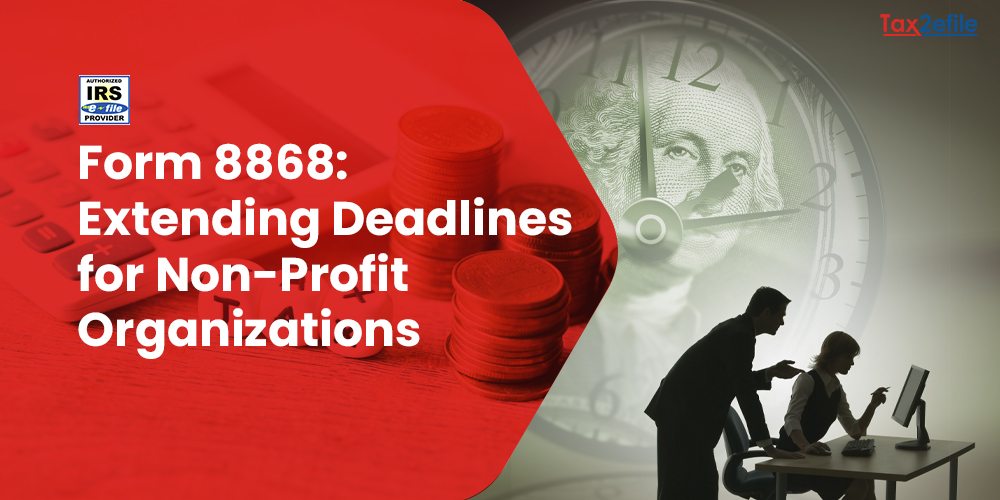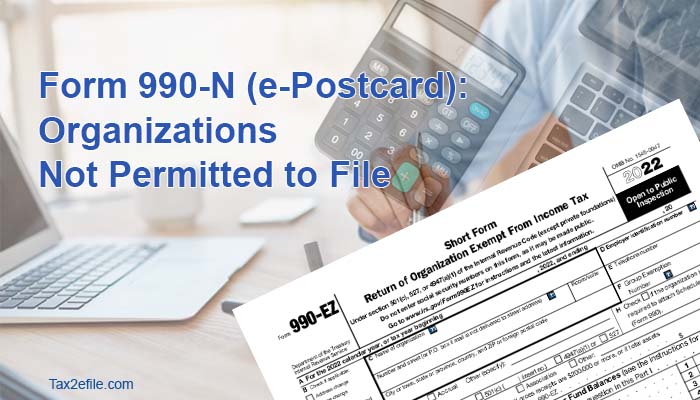- April 21, 2021

Though organizations fall under exemption of federal tax payment, they are responsible for reporting their IRS activities annually. The IRC has all the necessary details required by the IRS. Organizations that utilize form 990 fall under exemption of tax categories mentioned in section 527, section 501(c), and section 4947(a) of IRC.
The organizations are categorized and fall under non-exempt charitable trust or political organization and charitable organizations. Private organizations do not have to follow form 990 as they have a different requirement, 990-PF. Let us glimpse through the few aspects that are significant before stepping forward to file form 990.
About Form 990
-
-
- Form 990 is used by tax-exempt organizations for submitting their annual reporting to the IRS.
- Organizations tagged as tax-exempt organizations and employing form 990 under IRC tax categories section 527, section 501(c), and section 4947(a).
- Form 990 is open to public inspection.
-
With form 990, the members and government gain an insight into the organization’s tasks for the year. By having a snapshot of form 990, some donors decide about their gifting decisions.
When to file form 990
It is essential to file Form 990-EZ, 990, 990 PF, or 990-N by the 15th day of the 5th month after the accounting period’s cease. Suppose December 31st is the end of the fiscal year, then May 15th of the following year is due for form 990. Two attempts of ninety-day extensions are permitted except for 990-N filing groups.
It is mandatory to file form 990 on time to avoid difficulties. The IRS automatically revokes the tax-exempt status if form 990 is not filed for three years consecutively. There is a loss of tax-exempt status for many non-profits for not filing 990 on time. Also, small non-profits possessing receipts under $50000 must file Form 990-N, but they are not aware of it.
For organizations losing the exempt status by failing to file form 990 cannot rectify as there is no appeal process with the IRS. There would be an urge for user fees, payment of income taxes, and additional paperwork for late filing. Hence filing form 990 on time is the best option.
Who must file 990?
-
-
- Filing form 990-PF is mandatory for all private foundations, irrespective of their income.
- Organizations for tax-exempt having gross receipts of assets $50,000 or $200,000 must file form 990.
- A form 990 or 990EZ filing is essential by larger non-profits possessing gross receipts of more than $50,000.
- To sustain tax-exempt status, small non-profits owning gross receipts of $50,000 or less should file 990N.
-
Filing form 990 in an effortless manner is possible by logging into tax2efile.com. The user-friendly interface owes very minimal steps in filing any federal tax forms. In case of difficulty, the customer assistance is always ready for help. Hence non-profit organizations can partner with tax2efile.com for a better tax filing experience. Avoid penalty and filing form 990 before the deadline.


